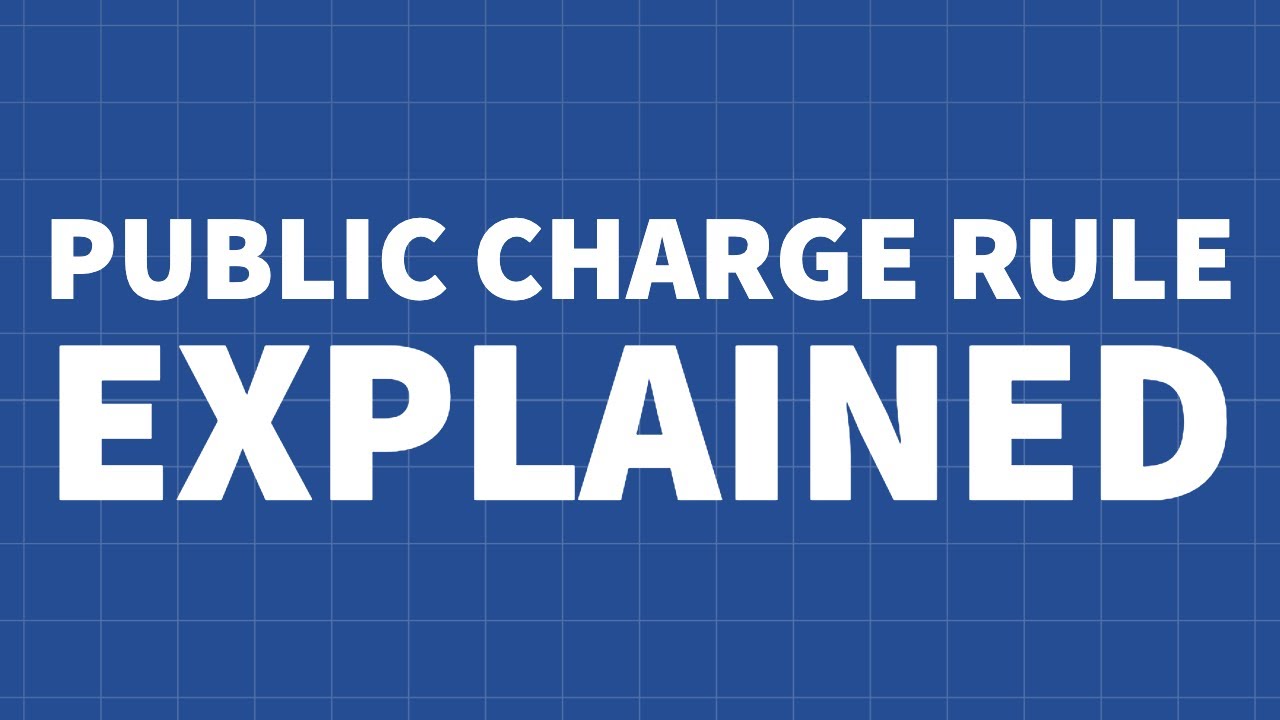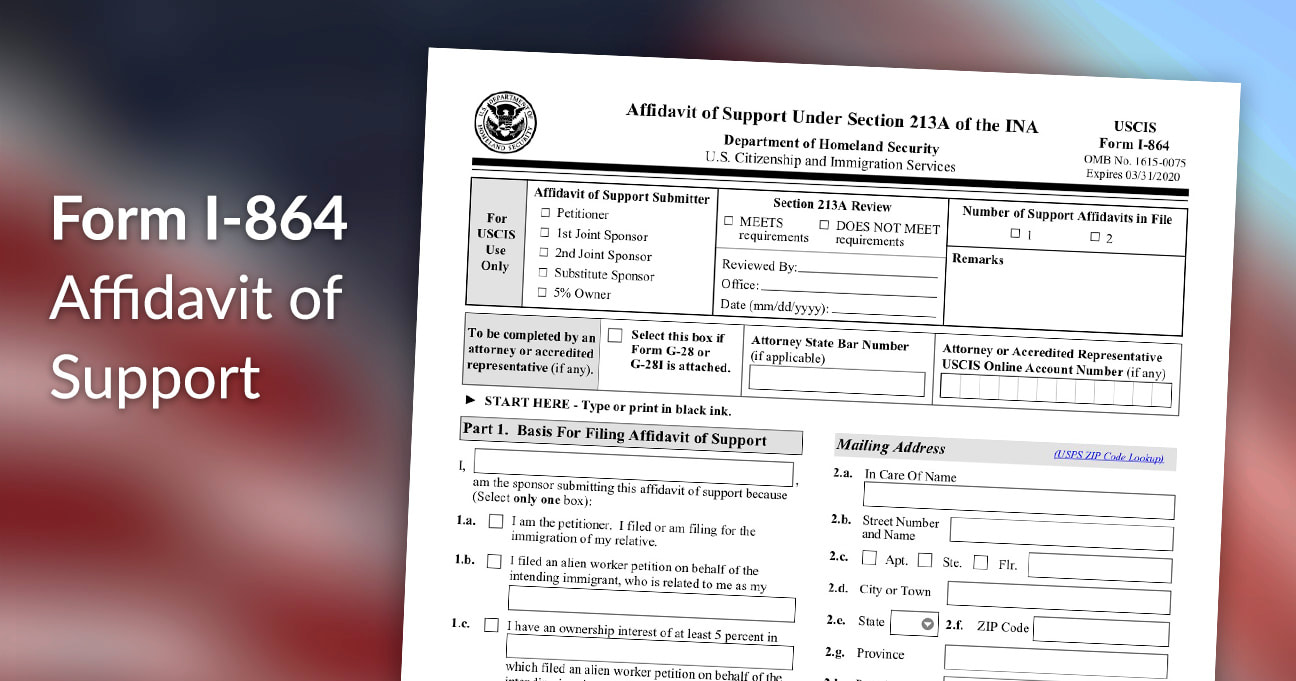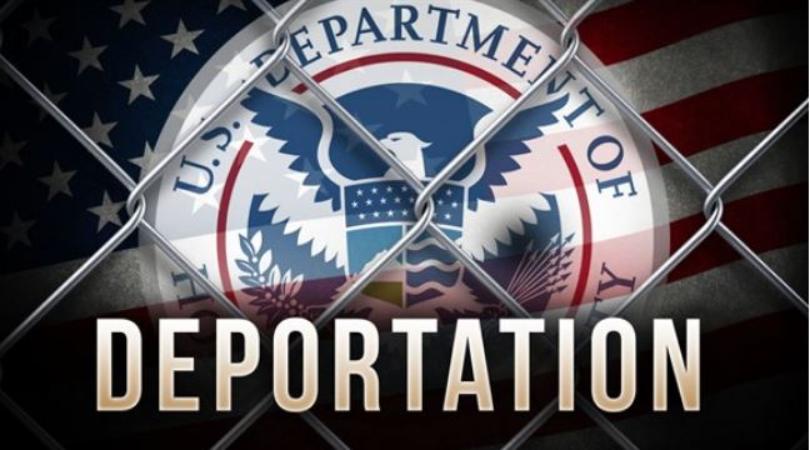On August 8, 2025, the U.S. Citizenship and Immigration Services (USCIS) announced a policy change that will affect how children’s ages are calculated under the Child Status Protection Act (CSPA). Going forward, the agency will use only the cut-off dates on the Final Action Dates Chart (Chart A) of the Visa Bulletin to determine whether a child has “aged out” and lost eligibility for a green card through their parents’ approved immigrant visa petitions.
The policy shift aligns the CSPA age calculation method for applicants inside and outside the United States, eliminating prior differences based on whether the child applies for adjustment of status in the United States or for an immigrant visa abroad. USCIS will start applying the new policy to adjustment of status applications (Form I-485) submitted on or after August 15, 2025. Applications filed before this date will still be processed under the prior February 14, 2023 guidance.
Note as well that the policy change does not impact the use of the Visa Bulletin’s Dates for Filing chart when determining when an adjustment application can be filed with USCIS, it only eliminates the use of the Dates for Filing chart when calculating an applicant’s CSPA age.
Background on the CSPA and the Visa Bulletin:
Under U.S. immigration law, unmarried children under the age of 21 can generally apply for a green card alongside a parent in family-based, employment-based, or diversity visa cases. If they turn 21 and age out during the immigration process, they are no longer eligible to immigrate based on their parents’ immigrant petition. Congress enacted the CSPA in 2002 to preserve child status for certain beneficiaries who would otherwise “age out” (turn 21 years old before they could be issued an immigrant visa) due to administrative delays in visa processing.
The CSPA changes the point at which the child’s age is calculated. Prior to the CSPA, a child who turned 21 before the relevant application for immigration benefits was decided would age-out. The CSPA freezes the age of the child at an earlier date in the process, and the frozen age, rather than the child’s biological age, is used to determine eligibility for immigration benefits. The CSPA preserves the status of “child” for many children who would otherwise age-out as they reach 21. For family based, employment based or diversity visa green card applications, the child’s age will freeze as of the date a visa number becomes available for the petition in question reduced by the number of days that the petition was pending, but only if the child seeks to acquire permanent resident status within one year of the date the visa became available. In essence, there are three steps: (1) determine the child’s age at the time a visa number becomes available, (2) subtract from this age the number of days that the visa petition was pending; and (3) determine whether the beneficiary sought to acquire permanent resident status within one year of the visa availability date (or if still within the year take the necessary steps). Steps 1 and 2 determine the age, but it will only be frozen if the beneficiary “seeks to acquire” within the year, including, for example, filing an adjustment of status application with USCIS. With this policy change, the date a visa became available will be based on the Final Action Dates.
Immigrant visa and green card processing follow two separate charts under the Visa Bulletin published by the Department of State each month:
- The Final Action Dates Chart (Chart A) indicates when USCIS or a consulate can actually approve an immigrant visa or green card. An immigrant visa or green card is available only when the applicant’s priority date is earlier than the cut-off date in Chart A.
- The Dates for Filing Chart (Chart B), on the other hand, allows applicants in the U.S. with certain non-immigrant status to file an adjustment of status application earlier, sometimes months or even years before Chart A becomes current. The benefit of doing so is that they can enter the adjudication queue earlier and become eligible for U.S work authorization and travel permit.
On February 14, 2023, USCIS updated its policy to consider a visa available for calculating CSPA age at the same time it considers a visa immediately available for accepting and processing the adjustment of status application:
- When USCIS determines there are more immigrant visas available for a fiscal year than there are known applicants for such visas, and USCIS announces that prospective applicants may use the Dates for Filing chart when filing adjustment of status applications, then USCIS also uses the Dates for Filing chart when calculating the applicant’s CSPA age.
- When USCIS announces that a prospective applicant must use the Final Action Dates chart when filing the adjustment of status application, then USCIS uses the Final Action Dates chart when calculating the applicant’s CSPA age.
Importantly, the February 14, 2023, policy will continue to apply to adjustment of status applications pending with USCIS before August 15, 2025, as these applicants may have relied on that policy when they filed.
The August 2025 Policy:
Starting August 15, 2025, only the cut-off dates under the Final Action Dates chart (Chart A) will be used for CSPA age calculation purposes. If a priority date becomes current under Chart B but not yet under Chart A, the child’s age will not be frozen.
Other Key Points:
This policy change brings back the procedural uncertainty that existed before the 2023 change, allowing the age to be determined based on the Dates for Filing chart. Based on the new policy, the CSPA age cannot be determined until a visa is available in the Final Action Date chart. Therefore, to file an adjustment under the Dates for Filing chart, there should be an estimate that the CSPA age will be calculated to be under 21 once a visa becomes available in the Final Action Dates chart. There is a risk in filing under the Dates for Filing chart, as the age cannot be frozen/calculated until a visa is available under the Final Action chart.
And as a reminder, applicants must seek to acquire lawful permanent residence within one year of when a visa becomes available to benefit from protection under the CSPA, unless they are able to demonstrate extraordinary circumstances. The August 2025 update also clarifies that USCIS considers an applicant to have satisfied the “sought to acquire” requirement if they demonstrate extraordinary circumstances for failing to seek lawful permanent resident status within one year of when a visa becomes available. If an applicant demonstrates extraordinary circumstances for not applying for adjustment of status during the period of the February 14, 2023 policy before August 15, 2025, USCIS will still calculate the applicant’s CSPA age under the February 14, 2023 policy.











 RSS Feed
RSS Feed